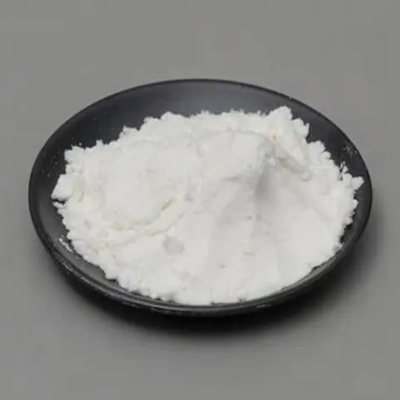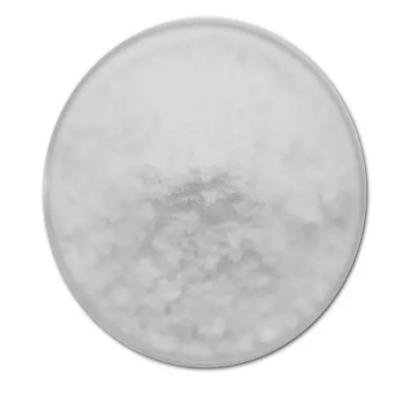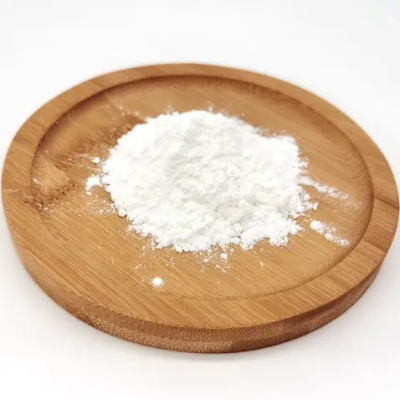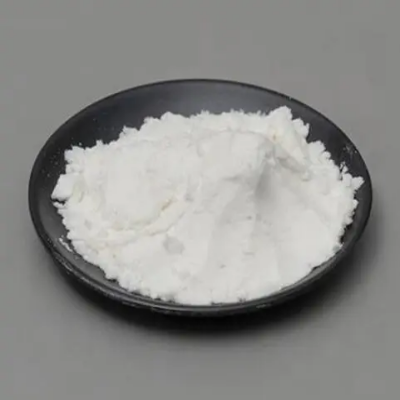Ampicillin trihydrate CAS:7177-48-2
Ampicillin trihydrate is utilized in clinical practice for treating diverse bacterial infections, including respiratory tract infections, urinary tract infections, meningitis, and septicemia. It demonstrates efficacy against both Gram-positive and Gram-negative bacteria, encompassing pathogens such as Escherichia coli, Haemophilus influenzae, and Streptococcus pneumoniae, among others. Healthcare providers typically administer ampicillin trihydrate orally or via intravenous or intramuscular routes, with dosage adjustments based on factors such as the type and severity of the infection, patient age, weight, renal function, and susceptibility testing results. Patients are advised to adhere to the prescribed dosing schedule and complete the full course of treatment with ampicillin trihydrate to ensure effective eradication of the infection and minimize the risk of developing antibiotic resistance. Proper administration and compliance are critical for achieving optimal therapeutic outcomes. Common side effects associated with ampicillin trihydrate include gastrointestinal disturbances, allergic reactions, and antibiotic-associated diarrhea. Monitoring for adverse effects and timely reporting to healthcare providers can help manage these potential issues and ensure the safe and effective use of ampicillin trihydrate in treating bacterial infections. By leveraging the antibacterial properties of ampicillin trihydrate, healthcare professionals can effectively address a wide spectrum of bacterial infections, contributing to improved patient outcomes and the successful management of infectious diseases.



| Composition | C16H25N3O7S |
| Assay | 99% |
| Appearance | white powder |
| CAS No. | 7177-48-2 |
| Packing | Small and bulk |
| Shelf Life | 2 years |
| Storage | Store in cool and dry area |
| Certification | ISO. |







![3,9-Bis(1,1-dimethyl-2-hydroxyethyl)-2,4,8,10-tetraoxaspiro[5.5]undecane CAS:1455-42-1](https://cdn.globalso.com/xindaobiotech/V3@A6KDXTE0I05WML89.png)

